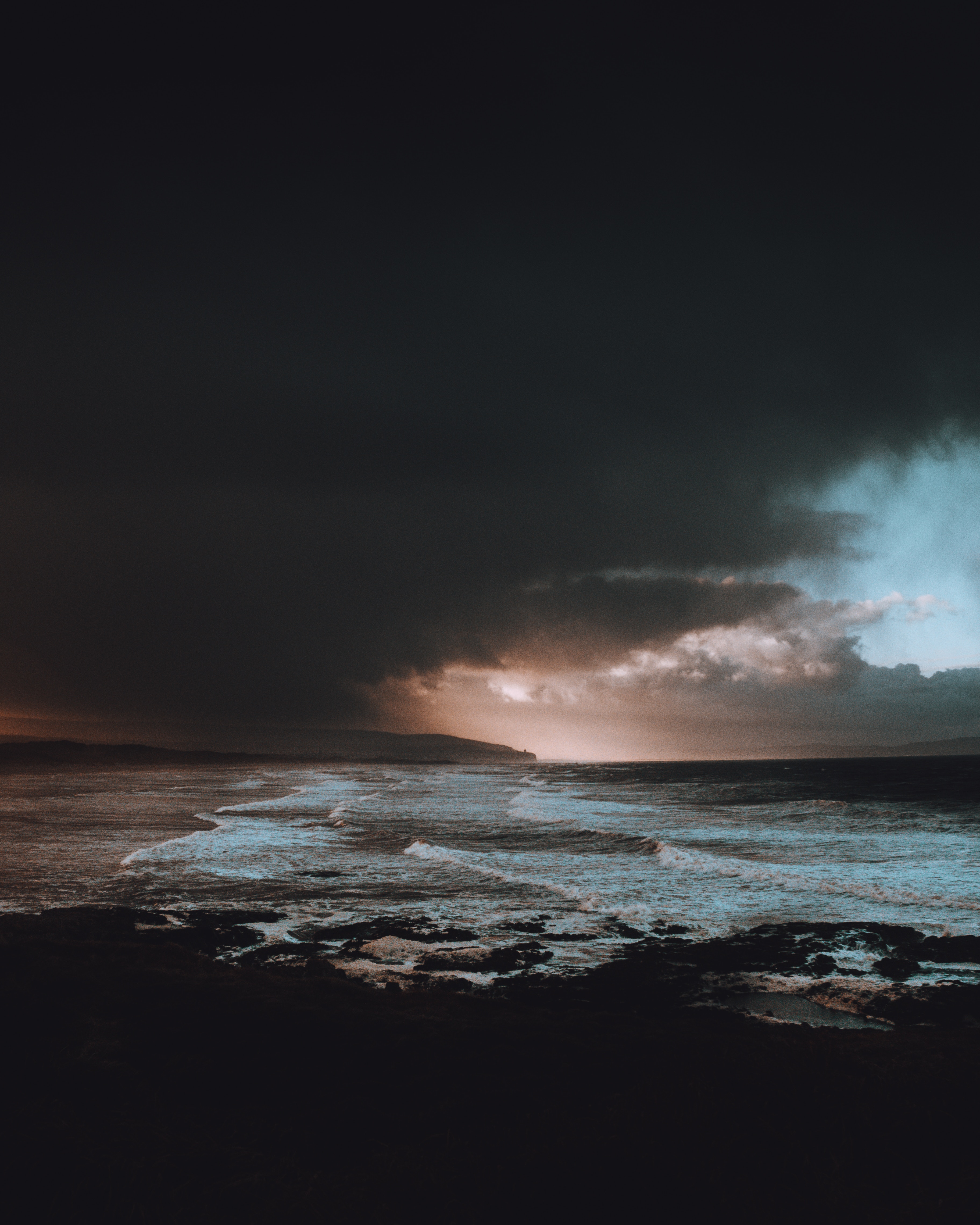I once read a poem in high school. It narrated a tale of love, bloodshed and tears. It was the story of a Scottish lord, Lord Ullin, who’s wrath, once unleashed compelled his daughter to elope with her lover, a highland chieftain. Her father’s horsemen, closing in on them, brandishing their mighty swords, made them cross the treacherous waters of Lochgyle in a furious storm. She claimed “She’d rather face the raging of the skies, but not an angry father.”
I have often found myself to be sailing the same boat across the tempestuous seas of life. And have more than once, questioned the very existence of this oh-so- prevalent yet heart wrenchingly terrifying emotion.
“You are weak” they told me when I didn’t shout back at the colleague who belittled me at work. When I chose to remain calm, while he destroyed me with his words. “You should have yelled back” they said, when I chose to walk away from a situation where retaliation with verbal violence seemed apt.
But was it weakness, when I stood strong, stood silent, while he ripped my soul to shreds with his clearly tainted lies? Was I “weak” when I maintained my sanity, even while he lost his in a fit of demonic possession?
The words shook my core from within. The actions probably scarred me for life. It took every ounce of strength I had in me to calm the chaos which was stirring up in my soul. It took an immeasurable amount of courage to not succumb to the vengeance which was slowly overpowering my being. Yet I chose to forgive, forget and move on. I chose to not do to them exactly what was done to me. I chose to forgive the loved ones who unknowingly wronged me amidst their internal storms of fury. Because if there’s anything life has taught me, it is- that an ‘eye for an eye’ does indeed make the whole world go blind. And that ‘the love of a million years can surely be lost in the hatred of a minute’ and then how ‘people might just forget what you did or said, but people will never forget how you made them feel’.
We’ve all read the quotes, heard the philosophers, heard our grandparents urging us to follow the path towards inner peace, heard the psychologists preach about anger being the acid which ‘eats the vessel its stored in’, heard the doctors warning us about silent heart attacks. And yet when the storm comes, we let waves of destruction overpower us, being well aware of the emotional and physical wreckage they leave behind.
But there Is an end to every storm. And once the storm lifts and the waters recede, there is a hint of remorse to be found -lurking amongst the uprooted trees, shadowed behind the scattered debris.
The clouds part, the rain stops, the sky clears. And it is only in those quiet moments after the storm that we yearn for what is now, probably lost forever.
Just as Thomas Campbell wrote in his poem, Lord Ullin’s Daughter,
“Twas vain: the loud waves lash’d the shore,
Return or aid preventing;
The waters wild went o’er his child,
And he was left lamenting.”


